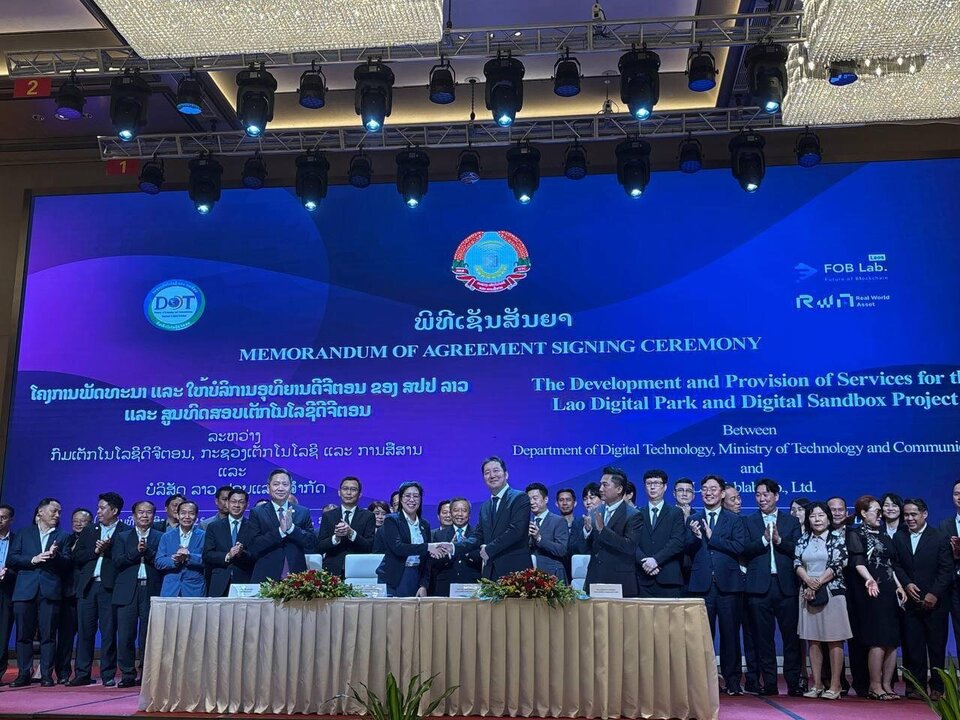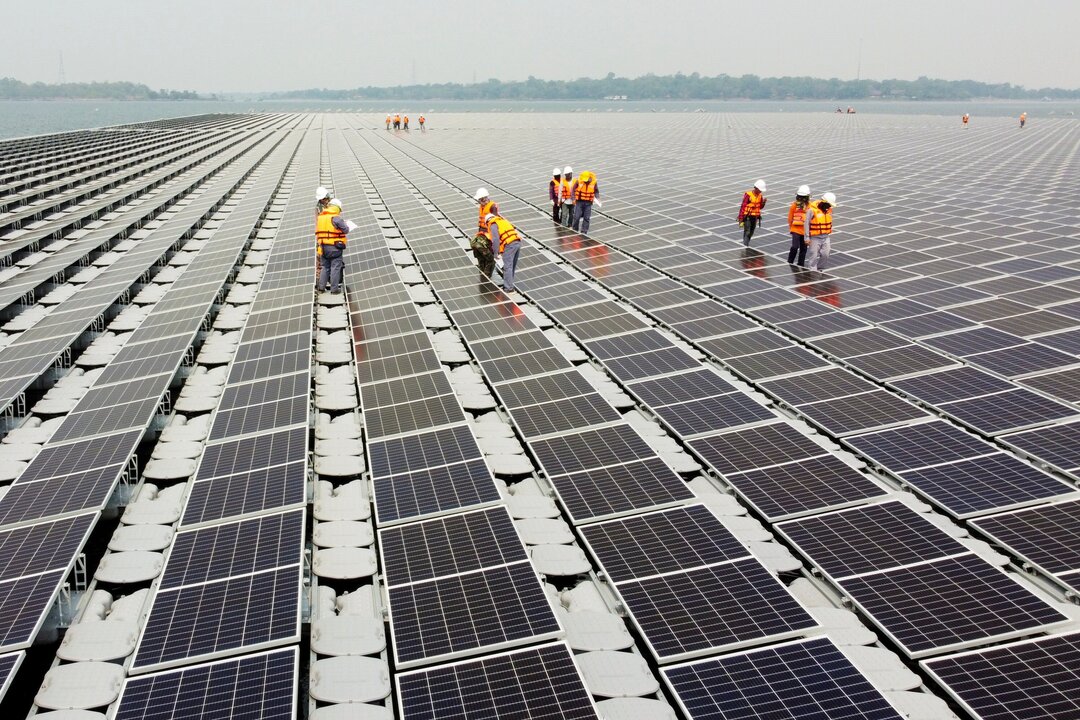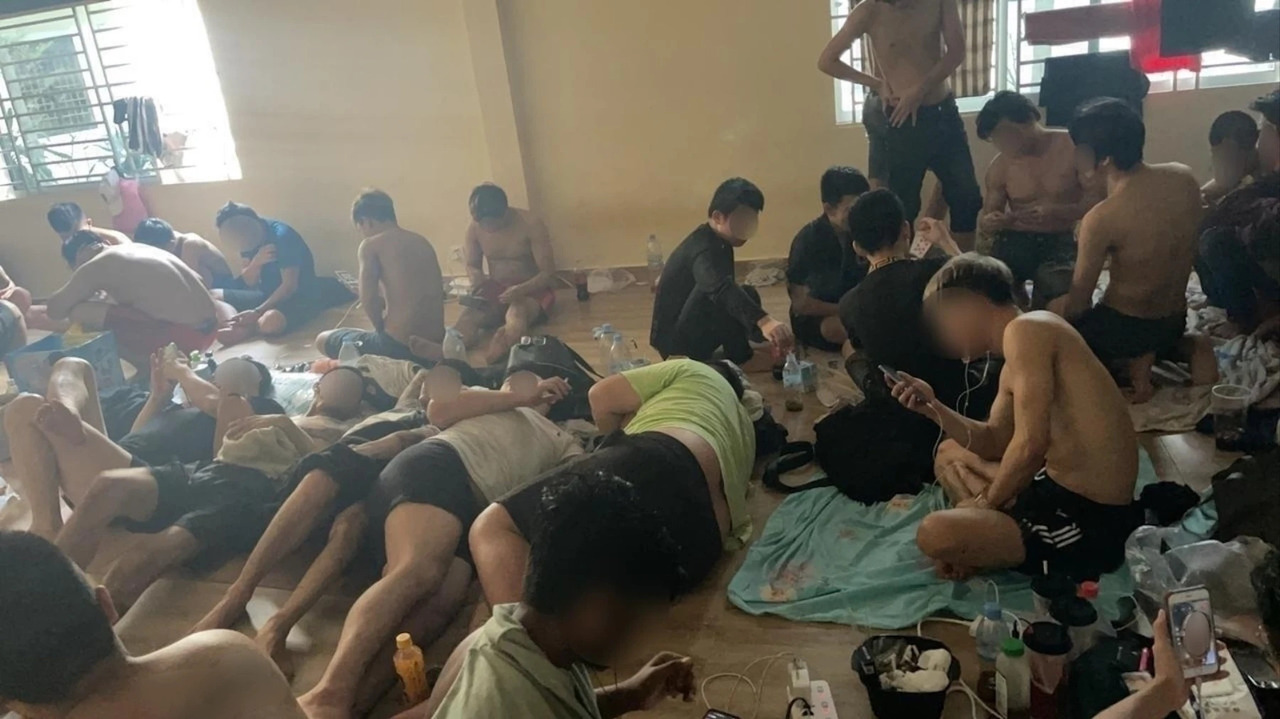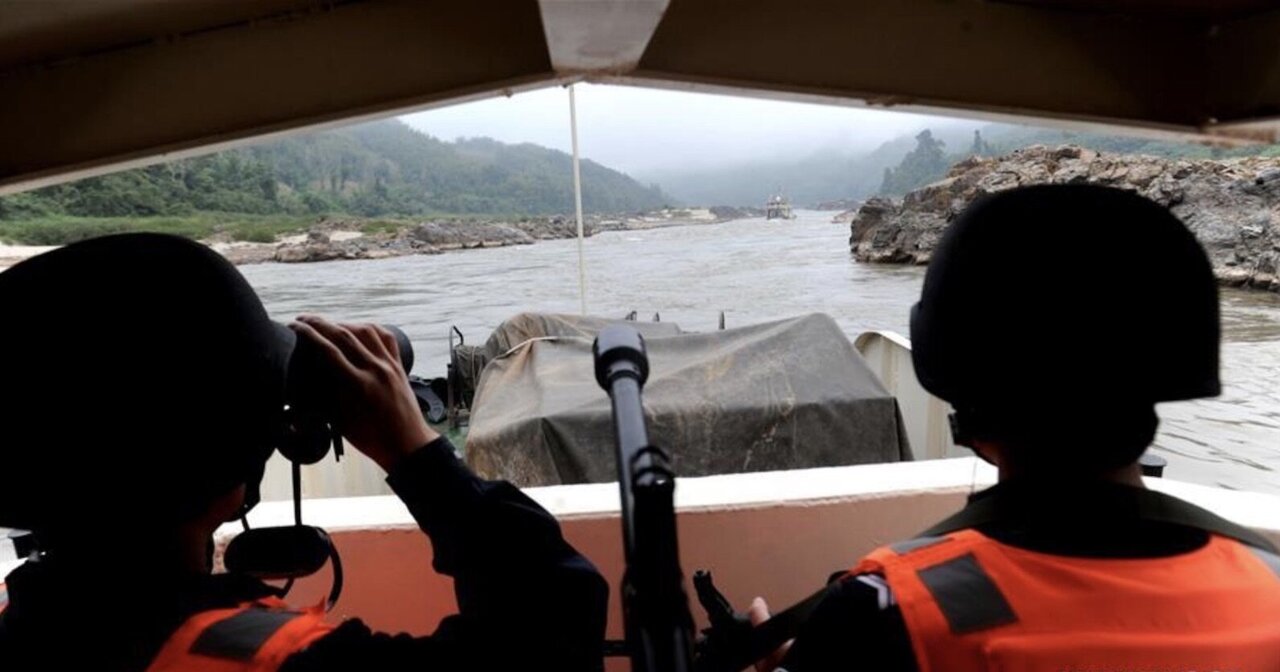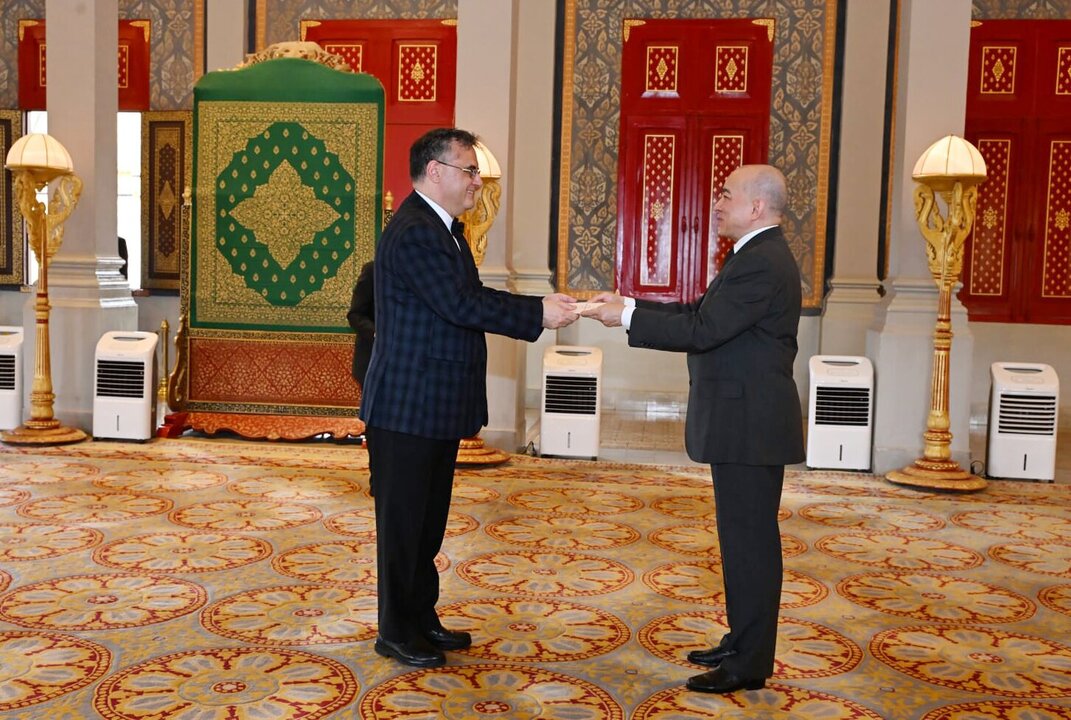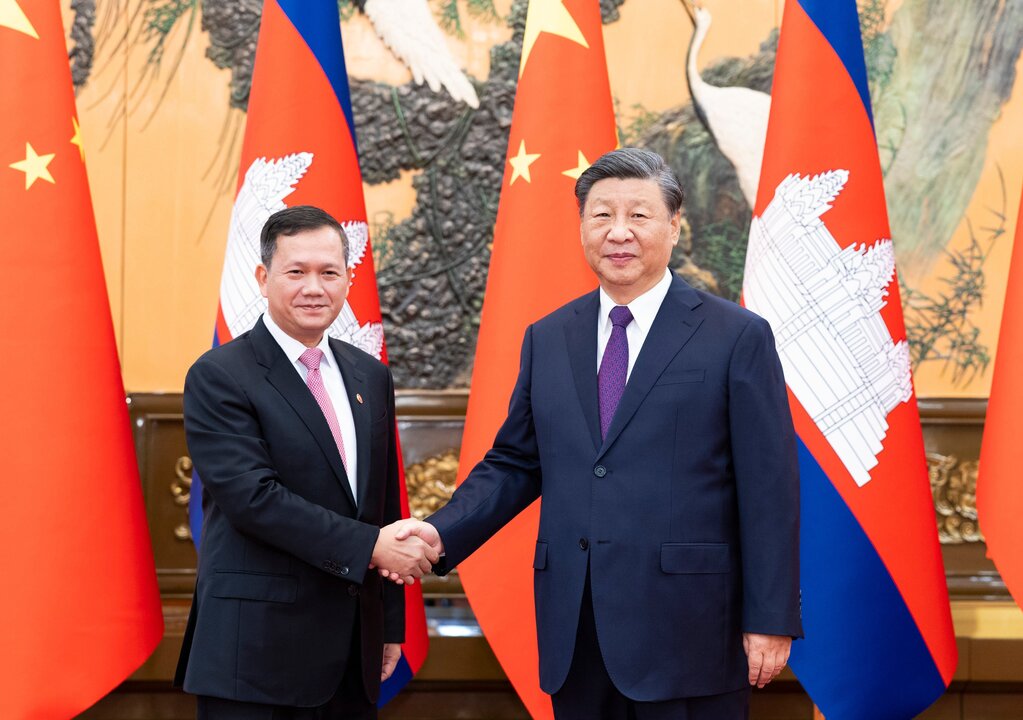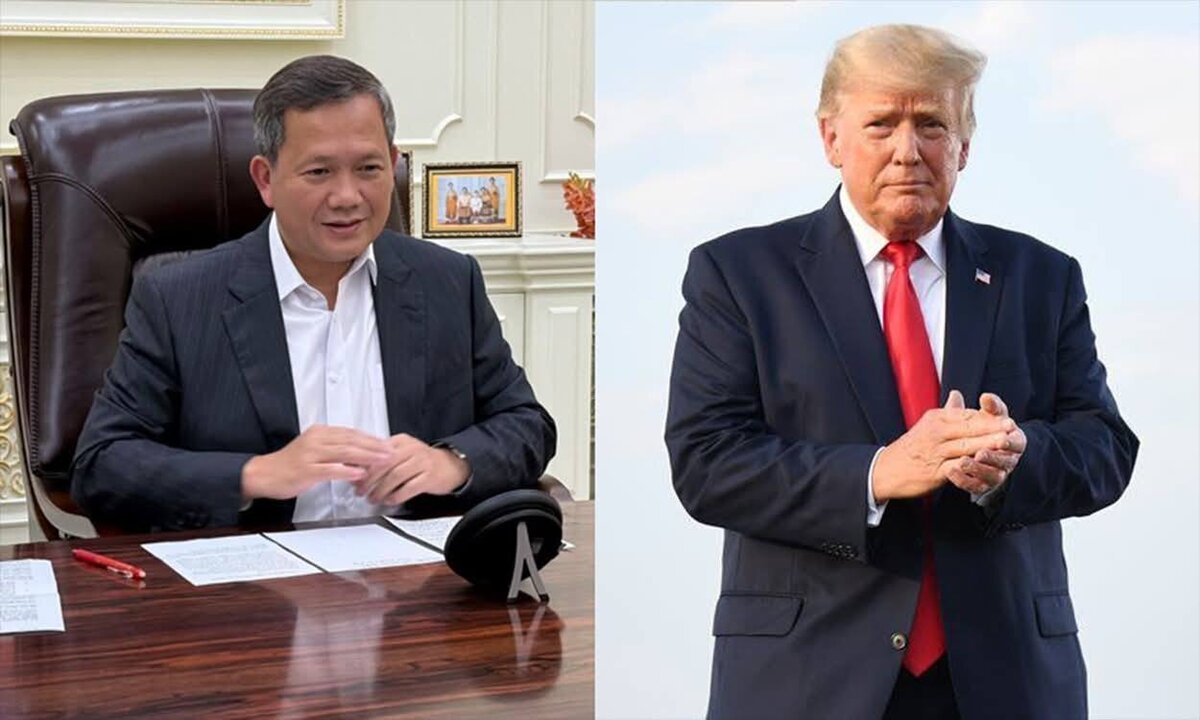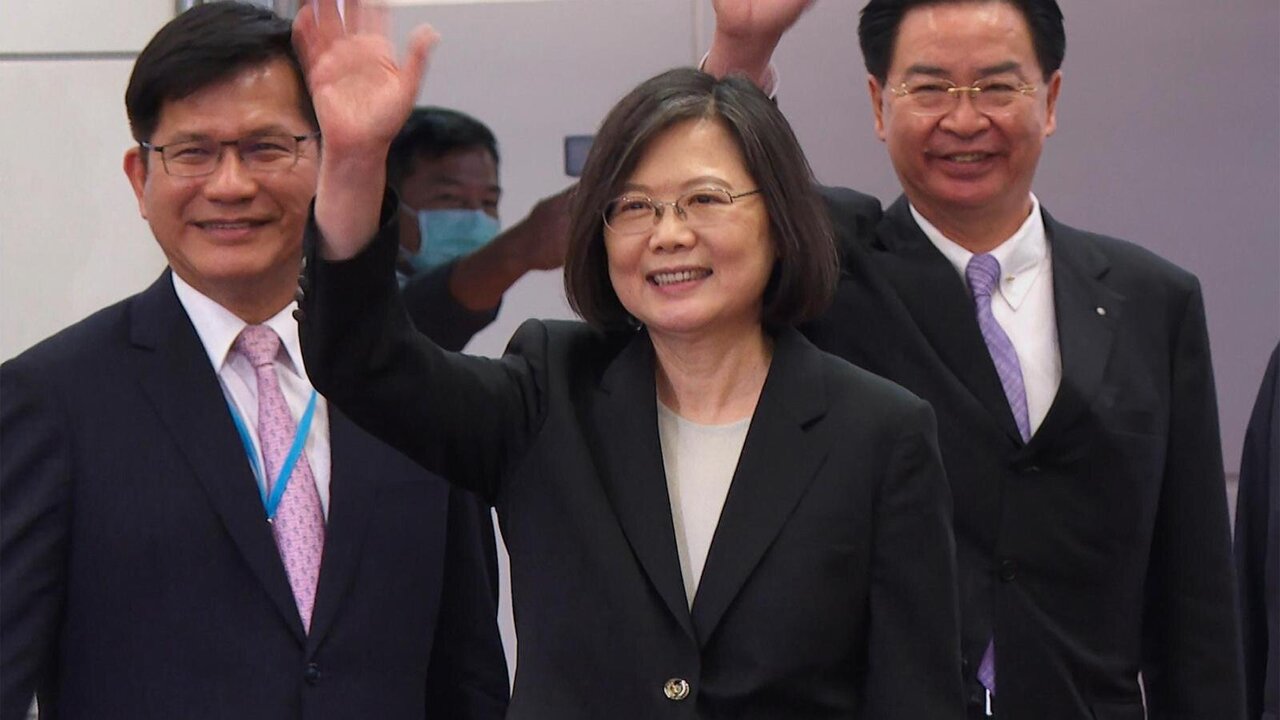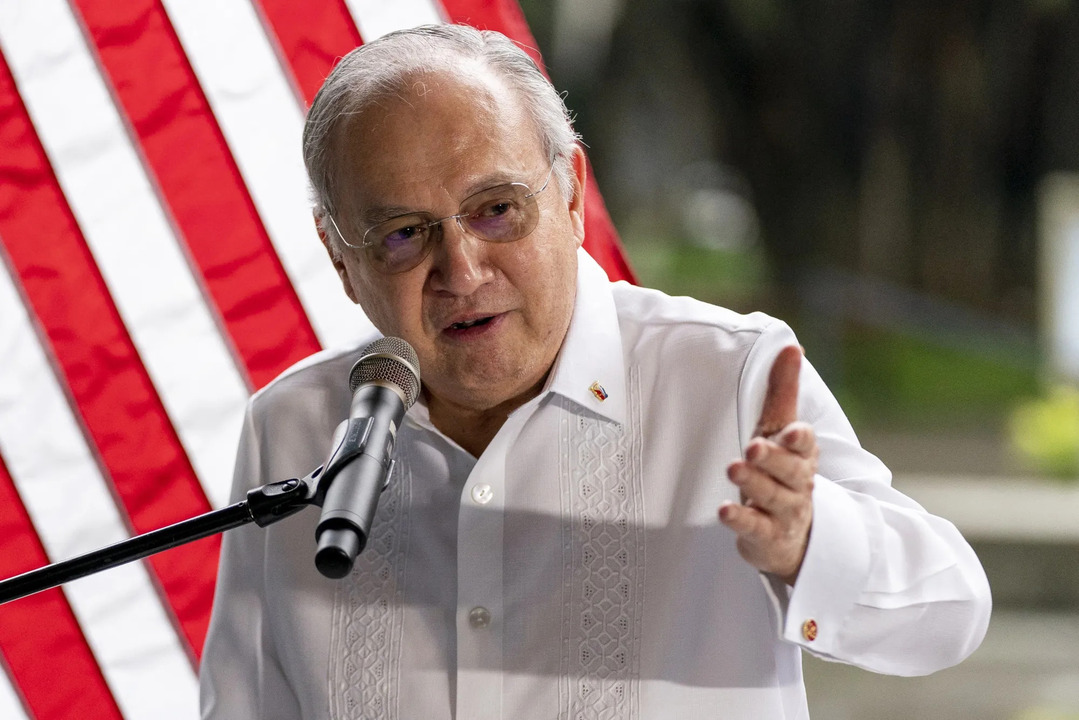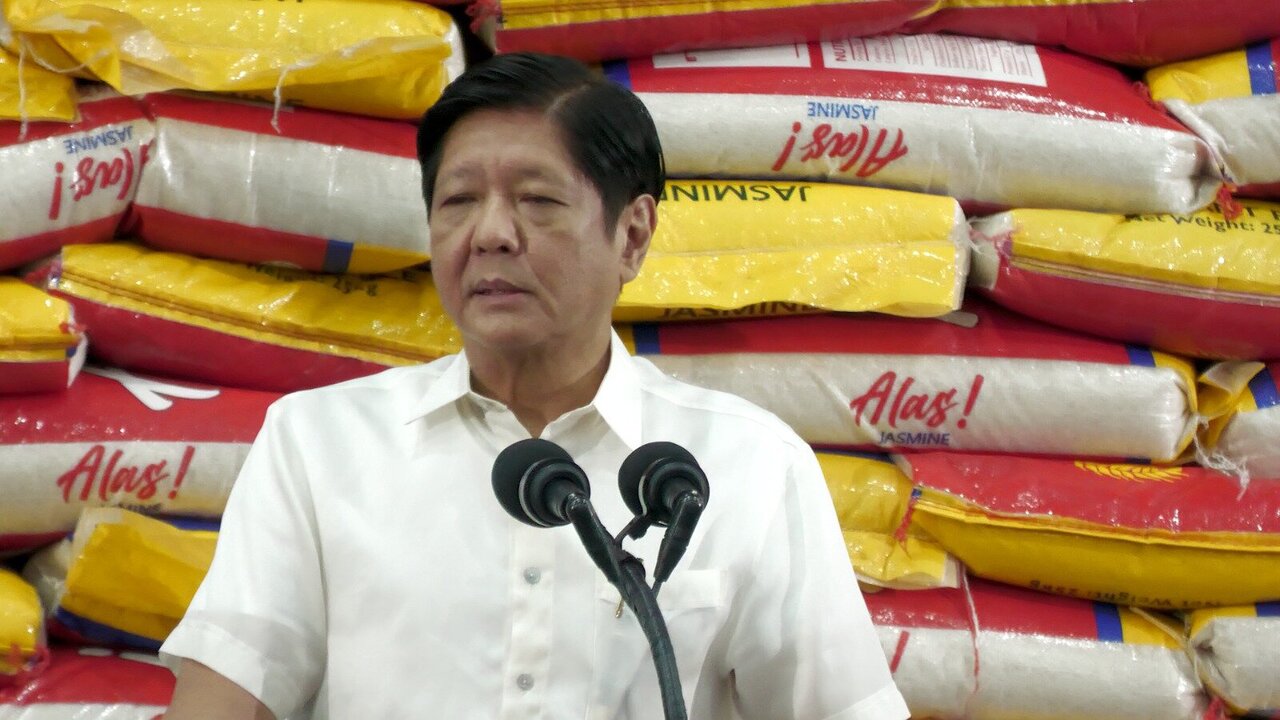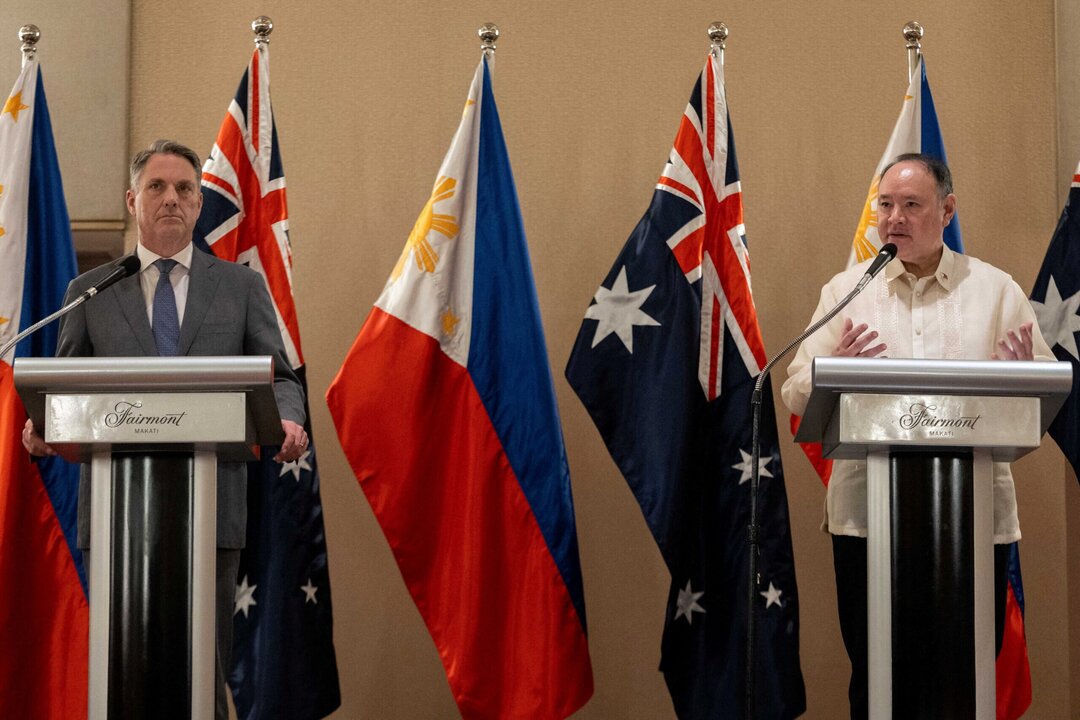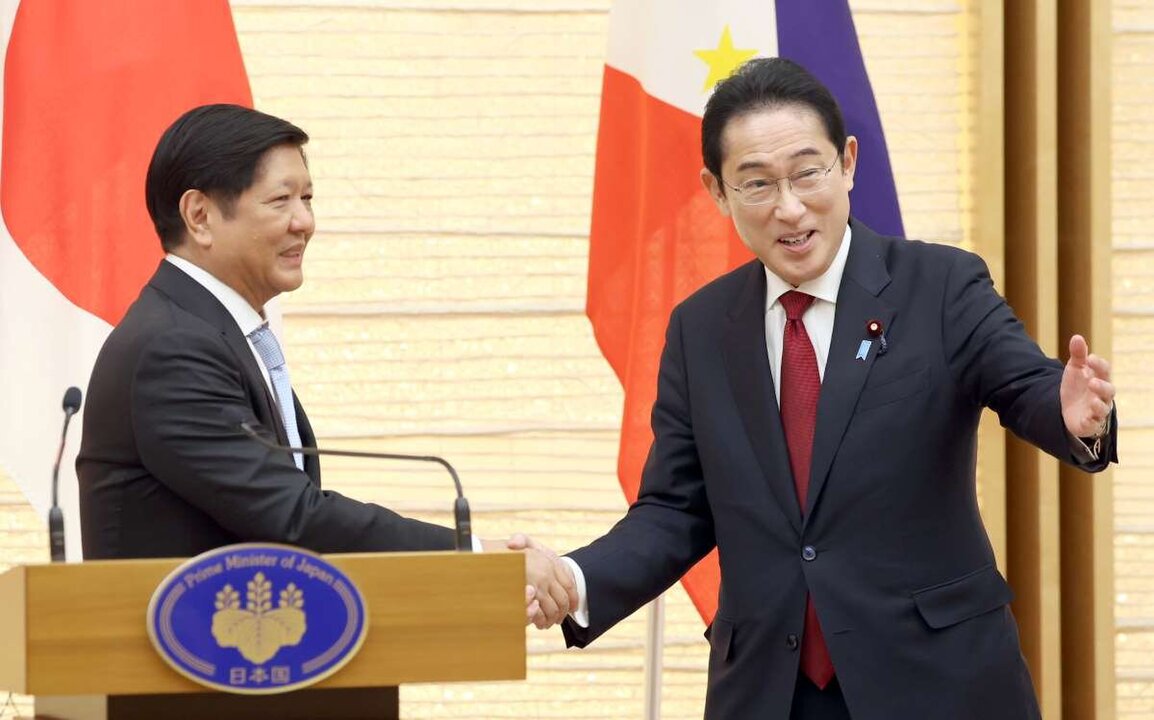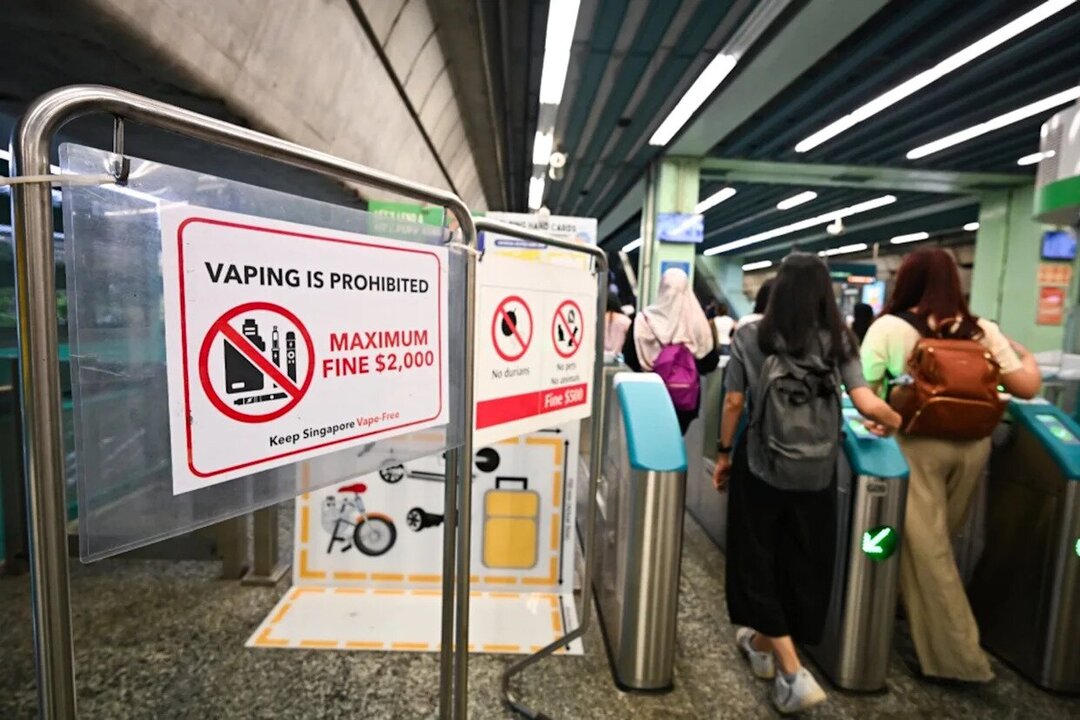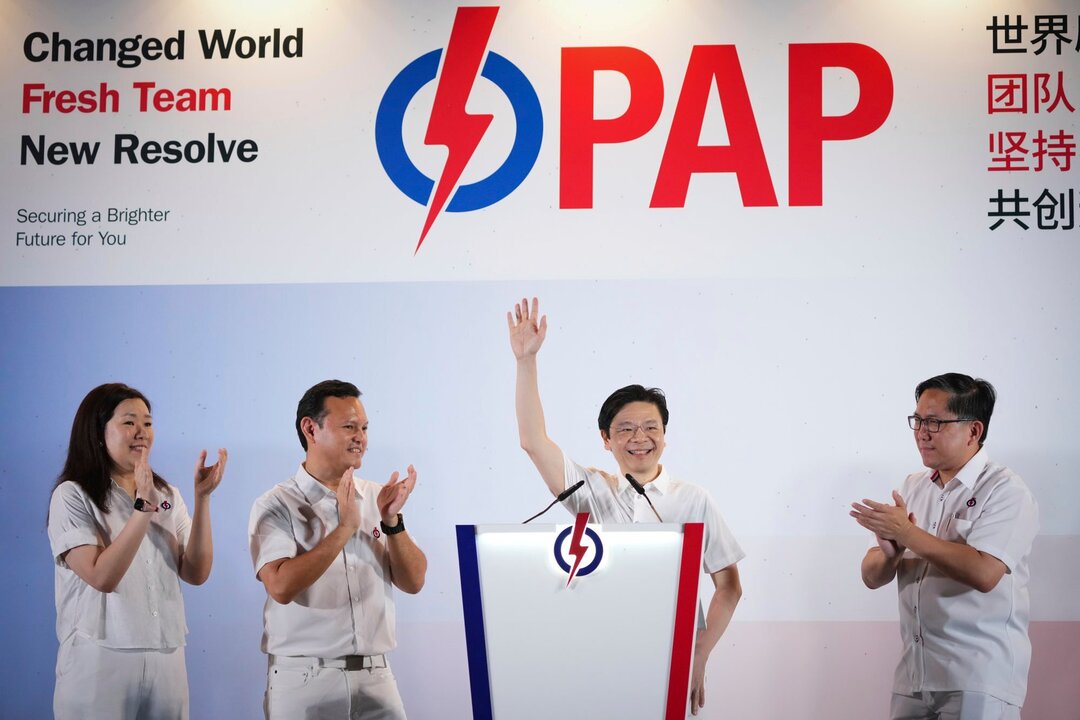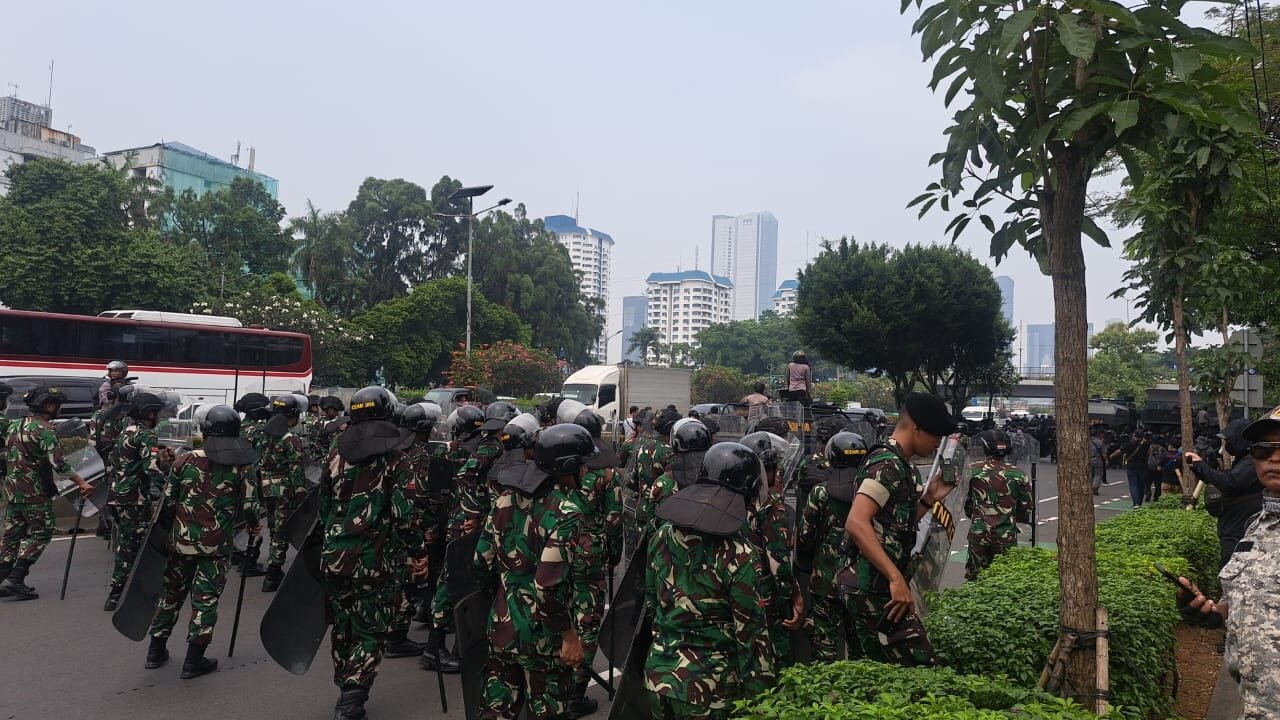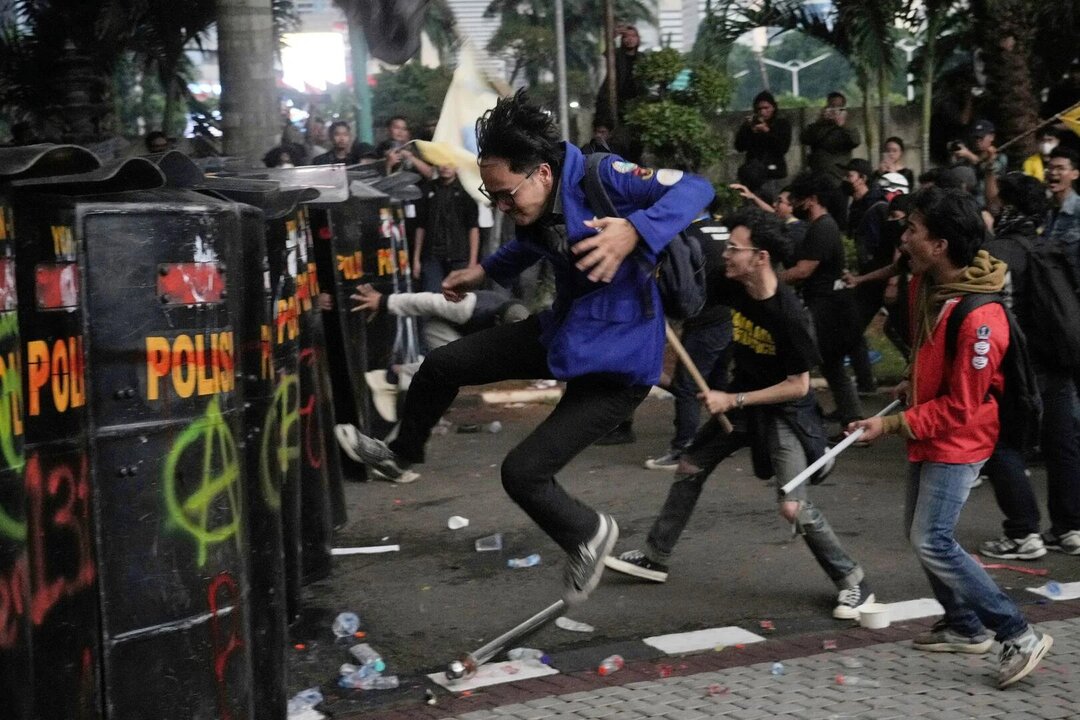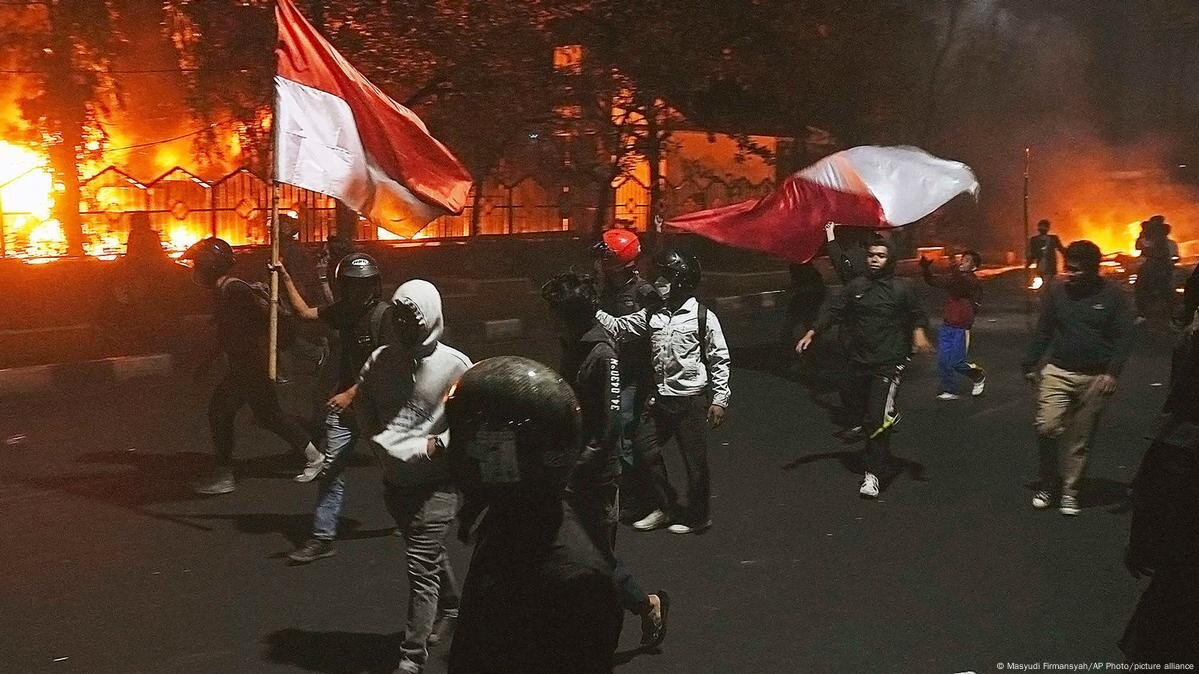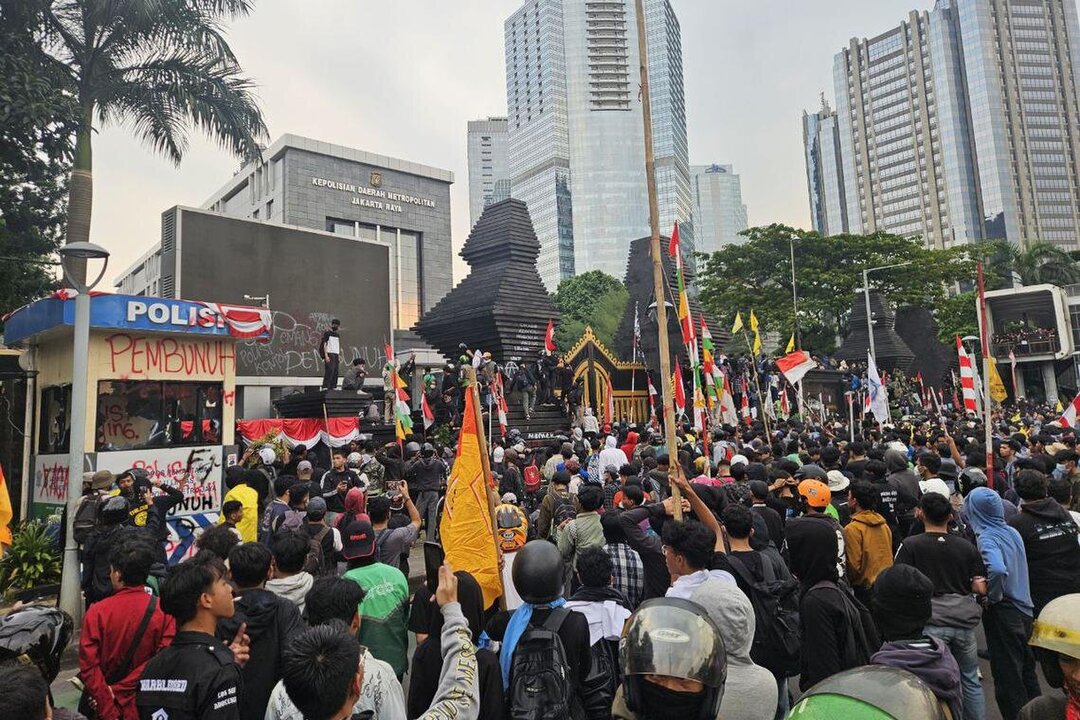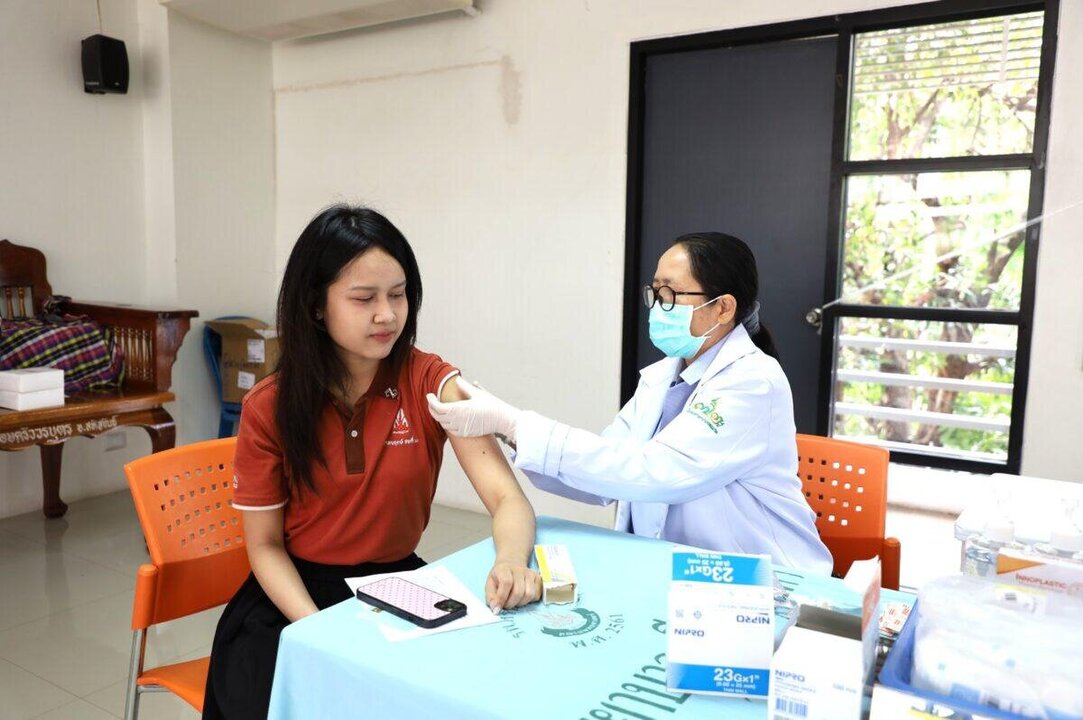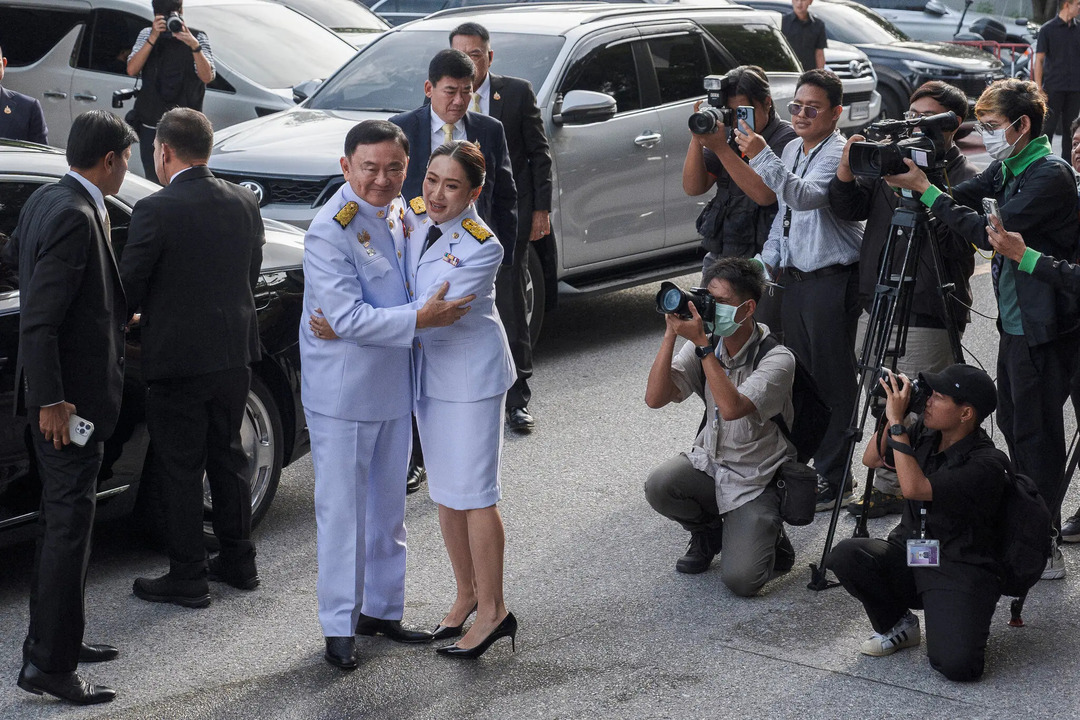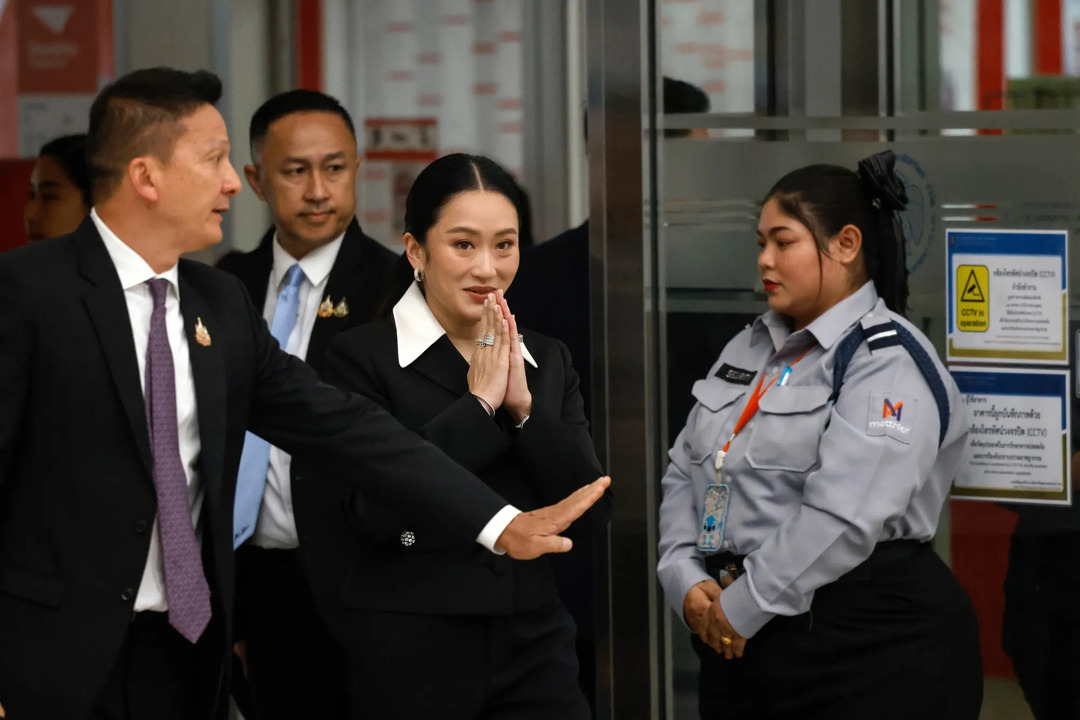The new rules require exporters to obtain licences, and shipments to some U.S. defence companies have been halted pending approval.
These elements are vital for applications such as jet engine guidance systems, radar, precision munitions, and surveillance hardware.
Heavy rare earths are processed almost exclusively in China, which accounts for around 60 to 90 percent of global refining capacity and up to 90 percent of permanent magnet production.
By May, annual exports of rareearth magnets had dropped approximately 74 percent compared with the previous year, significantly impacting defence and automotive manufacturers in the U.S. and Europe.
Major Western defence firms, including Lockheed Martin, Raytheon Technologies and Northrop Grumman, have reported supply chain disruptions linked to these mineral curbs.
Advanced weapon systems depend on imported rare earths for magnets in components such as those found in F‑35 fighter jets.
China also controls over 80 percent of the global tungsten supply and remains the dominant producer of gallium, germanium and antimony—minerals used in armour, electronics and semiconductor systems.
Export restrictions on these metals have compounded strain on Western defence suppliers.
In response, the U.S. Department of Defense has invested more than four hundred thirty‑nine million dollars since 2020 in a ‘Mine‑to‑Magnet’ programme, with a goal to establish domestic rare‑earth refining capabilities by 2027.
A separate four‑hundred million‑dollar contract with MP Materials has been signed to secure magnet production for defence use.
European defence contractors are also reevaluating acquisition deals and due diligence procedures as uncertainty over rare‑earth supply leads to transaction delays and adjusted valuations in mergers and partnerships.
Negotiators in London have reached an agreement to allow limited rare‑earth magnet exports to resume, with Washington confirming access to key elements like neodymium for now.
However, the licensing regime remains in place and additional restrictions may apply to defence‑sector end uses.
This shift in China’s export policy comes amid rising tariffs and strategic tensions.
Export licences now include requirements for end‑use declarations and real‑time reporting, giving Chinese regulators direct control over foreign supply chains.
Western governments, including the U.S., EU and Australia, are accelerating efforts to diversify supply through onshoring, partnerships with allies, and development of recycling and substitution technologies.
However, alternative sources remain limited and unlikely to match Chinese capacity within the near term.
